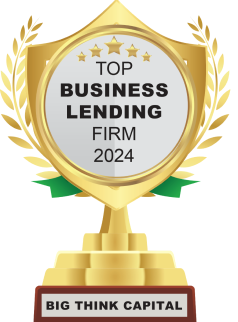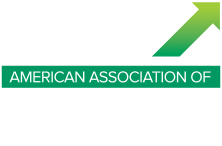Explore expert insights, valuable articles, and inspiring success stories to empower your business. Connect with our Merchant Exchange to access tools for informed decisions.


SUCCESS STORIES
Discover how businesses have transformed with Big Think Capital’s tailored funding solutions and dedicated support. Be inspired by their success stories and learn how to navigate your own path to growth.

Big Think Capital is a leading financial marketplace, offering business borrowers a straightforward and transparent funding process. Supported by comprehensive resources to help them fully understand their financing options, we have funded over $1 billion and assisted more than 25,000 business owners. Committed to the highest standards of business ethics, we ensure a trustworthy and seamless experience for every client.




© 2025 Big Think Capital, All Rights Reserved.
Disclaimer: The above information is provided as a guideline. Some loan conditions may fall outside of these parameters. We recommend that you speak with one of our advisors before taking any course of action based on this information.
Gain expert insights and exclusive updates on financial solutions and products tailored for your business.
